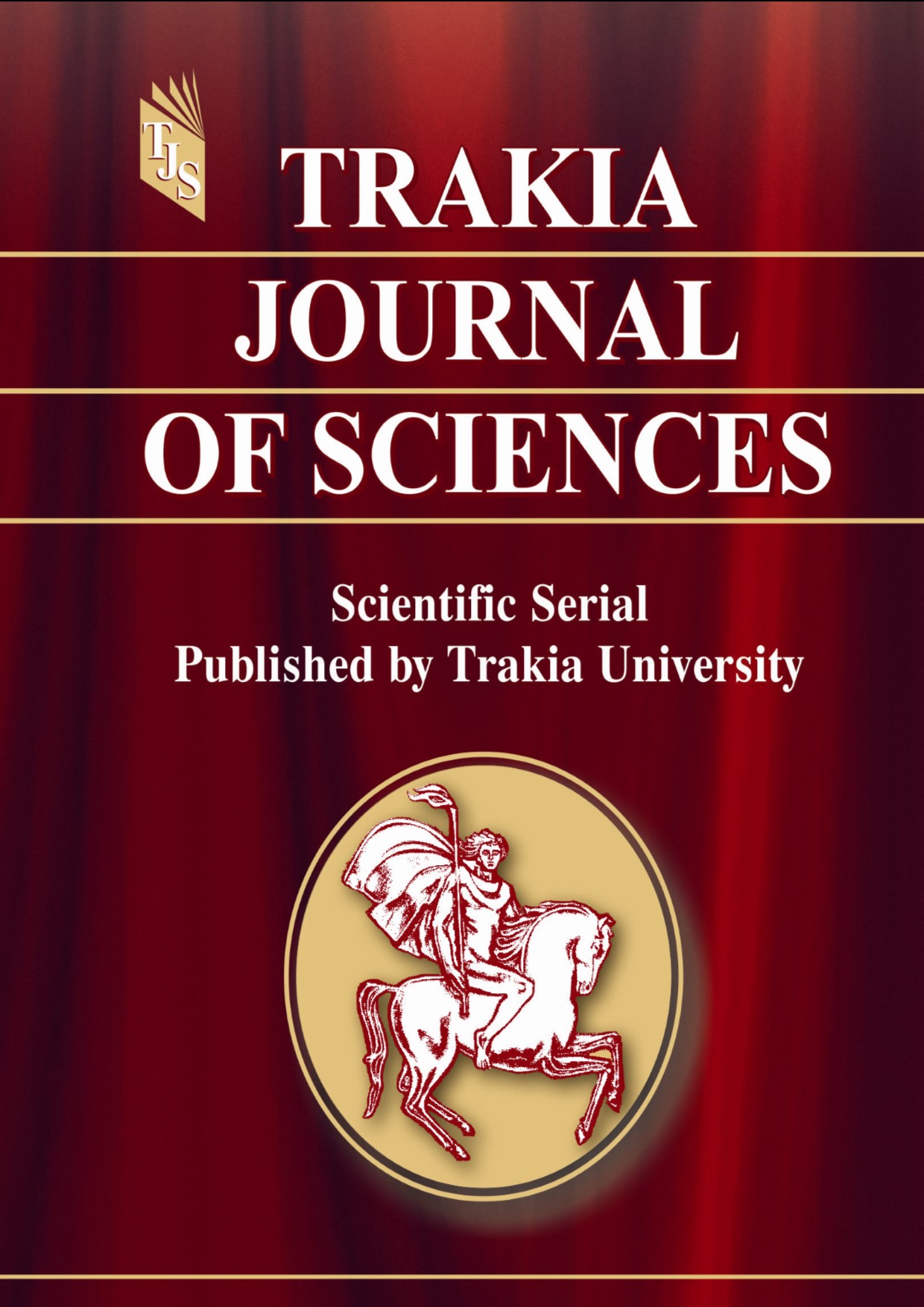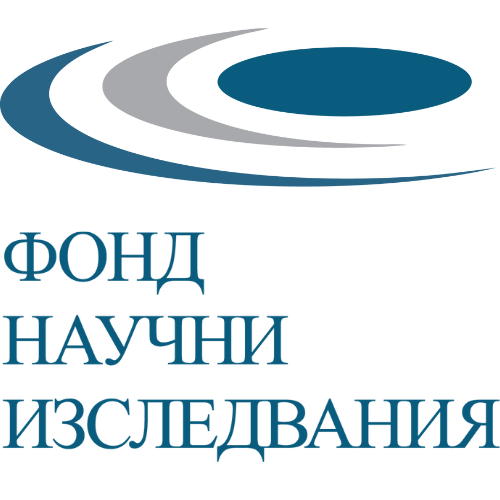THE CORRELATION OF BILINGUALISM (ALBANIAN - TURKISH) WITH THE ACADEMIC PERFORMANCE OF STUDENTS IN PRIMARY SCHOOL
DOI:
https://doi.org/10.15547/tjs.2024.s.01.003Keywords:
bilingualism, Albanian language, Turkish language, students, student performanceAbstract
Purpose: The study "The correlation of bilingualism (Albanian - Turkish) with the academic performance of students in primary school" aimed to extract the most accurate and concrete data on what is the correlation of bilingualism, namely the speaking of the Turkish language in the family in the performance of students at school, in order to contribute to the performance of these children at school.
Methods: Since the study model is descriptive, correlational quantitative research method was used.
The population of this study were elementary school students who speak Albanian and Turkish in the elementary schools of the municipality of Vushtrri.
Results: The results of this study showed the correlation between bilingualism and the performance of bilingual students. Students who learn the Albanian language (mother tongue) first and then the Turkish language (foreign language) have better academic performance, while students who learn the foreign language first (Turkish language) have poorer academic performance in primary school .
Conclusions: This study showed the correlation of bilingualism with the academic performance of the students, as well as the preferences and difficulties of bilinguals during schooling.
References
Husaj, L. (2019a). Turkish words in the Albanian language. Manuscript work. Pristina.
Waters, T. J., & Marzano, R. J. (2006). School district leadership that works: The effect of superintendent leadership on student achievement. Mid-Continent Research for Education and Learning.
Farooq, M. S., Chaudhry, A. H., Shafiq, M., & Berhanu, G. (2011). Factors affecting students’ quality of academic performance: a case of secondary school level. Journal of quality and technology management, 7(2), 1-14.
Valdez, G., & Figueroa, R.A. (1994). Bilingual and testing: A special case of bias.
Mackey, W. F. (2012). The description of bilingualism. In Readings in the sociology of language (pp. 554-584). De Gruyter Mouton.
Grant, A., Gottardo, A., & Geva, E. (2011). Reading in English as a first or second language: The case of grade 3 Spanish, Portuguese, and English speakers. Learning Disabilities Research & Practice, 26(2),67-83. https://www.oise.utoronto.ca/gevalab/UserFiles/File/20142015_Publications/2011_Grant_Gottardo_Geva.pdf
Saer. D. J. (1923) The effects of bilingualism on intelligence. British Journal of Psychology, 14, 25-38. https://pure.mpg.de/rest/items/item_2376853/component/file_2376852/content
Choy, Y. Y. (2016). Does bilingualism improve academic performance? Estimating the relationship between foreign languages spoken at home and student test scores. Georgetown University.
Tovar-García, E. D., & Alòs i Font, H. (2017). Bilingualism and educational achievements: the impact of the language used at home by Tatar school students in Tatarstan, Russia. Journal of Multilingual and Multicultural Development, 38(6), 545-557.
Tovar-García, E. D., & Alòs i Font, H. (2017). Bilingualism and educational achievements: the impact of the language used at home by Tatar school students in Tatarstan, Russia. Journal of Multilingual and Multicultural Development, 38(6), 545-557.
Bialystok, E. (2009). Bilingualism: The good, the bad, and the indifferent. Bilingualism: Language and cognition, 12(1), 3-11.
Veliyeva, M. (2015). Bilingualism in education. Theory and Practice in Language Studies, 5(12), 2448. Malahat Veliyeva Department of English Lexicology, Azerbaijan University of Languages, Baku, Azerbaijan. http://www.academypublication.com/issues2/tpls/vol05/12/03.pdf
Jayanthi, S. V., Balakrishnan, S., Ching, A. L. S., Latiff, N. A. A., & Nasirudeen, A. M. A. (2014). Factors contributing to academic performance of students in a tertiary institution in Singapore. American Journal of Educational Research, 2(9), 752-758. http://article.scieducationalresearch.com/pdf/EDUCATION-2-9-8.pdf
Husaj, L. (2019b). Turkish words in the Albanian language. Manuscript work. Pristina
New Turkey. (2007). Tirana: Uegen.
Constable, M. (2002). Grammar of the Turkish language (Phonetics and Morphology). Pristina: Logos.
Neziri, S. (2018). The influence of Albanian on the speech of minorities in the Prizren region. Manuscript work. Pristina.

Downloads
Published
Issue
Section
License
Copyright (c) 2025 Trakia University

This work is licensed under a Creative Commons Attribution-NonCommercial 4.0 International License.


